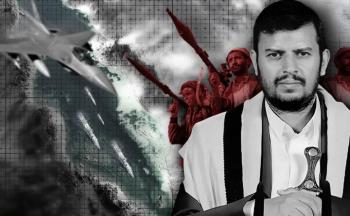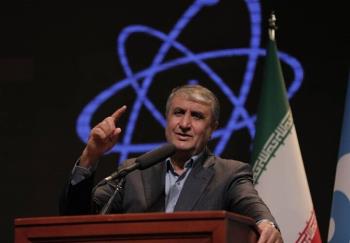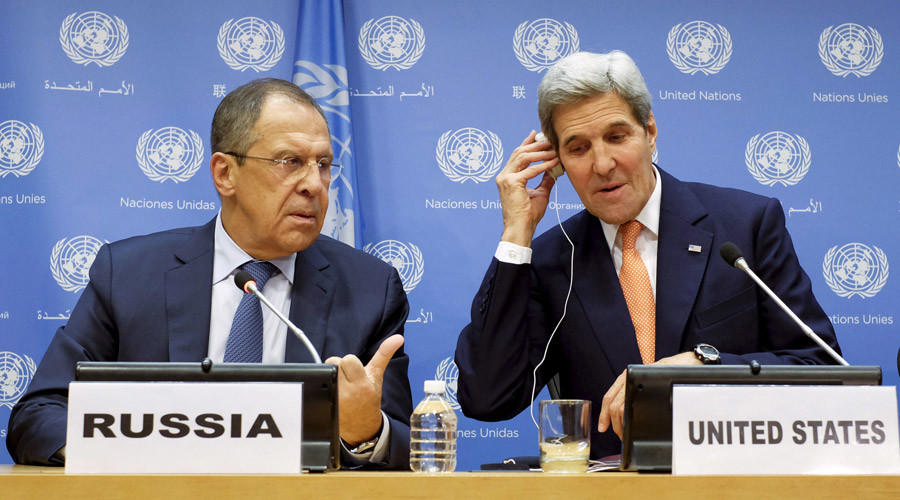Alwaght- Moscow had proposed a concrete plan to end Syrian crisis to Washington, Russia’s Foreign Minister Sergei Lavrov said.
"During our contacts with Washington, we have proposed an absolutely concrete plan which they are now studying…I hope the simple proposals the plan contains will not take too much time for Washington to consider,” Lavrov told the Russian daily MK in an interview, while stressing that he could not elaborate on the details of the plan.
The interview largely dealt with the “information war” Russia has been embroiled in, according to Lavrov. Russia’s top diplomat said the stand-off goes beyond Eastern Europe, with the settlement of the Syrian crisis seemingly falling prey to it as well.
Touching on Syria's crisis Lavrov said "They’ve tried to turn the humanitarian situation in Syria into almost a measure of the ability to take further steps towards reaching a political settlement [of the crisis], making its resolution a preliminary precondition for starting any meaningful talks between the Syrians.”
Last week, the Syrian army and its allies carried out a major offensive to cut off militants’ supply lines between the city of Aleppo and Turkey as well as in the Latakiya province. Under consistent Russian bombing and Syrian army ground operations backed by Hezbollah, extremists’ strongholds in western Syria are shaking. They succeeded in breaking the siege off the Shiite villages of Nubbul and al-Zahraa.
However, Western media not only has discounted the massiveness of these events, but it has also shown bias toward the significance of these victories.
Touching on the psychological war waged by the West, Russia’s foreign minister stated that Moscow is now increasingly being accused of aggravating the situation by conducting its air campaign against terrorist groups in the Arab country. Russia has even had to compile a report for the UN explaining who was behind the humanitarian crisis in Syria, he revealed.
The situation has been further aggravated by selective, incomplete coverage of the humanitarian crisis by the Western media, according to the official.
Headlines such as “The Syrian government launches major offensive, forcing the peace talks to falter;” and: “Syria conflict Aleppo offensive threatens peace talks;” are aimed at casting a negative air over the accomplishments as diplomats try to buy more time for their terrorist groups at the negotiating table in Geneva.
"Just for how long can you talk about 40,000 civilians in Madaya not getting enough food, medicine, and other basic necessities because they are surrounded by government troops, and at the same time turn a blind eye to the fact that 200,000 people have been surrounded by ISIS fighters and other militants in the city of Deir ez-Zor?” Lavrov said.
The city of Deir ez-Zor is an enclave in eastern Syria controlled by government troops and surrounded by ISIS terrorists. Russia’s Defense Ministry delivered humanitarian aid to the besieged city in January.
"We started to airdrop humanitarian aid in such [besieged] settlements while being backed and accompanied by Syrian air forces. We were immediately blamed for dropping the cargo blindly, without guaranties that the aid would get into safe hands on the ground. One can invent any reason [for accusations],” Lavrov said.
media outlets’ reactions to the Russian intervention and the Syrian army’s military progress—which include blackouts, accusations of murder and diverting a political solution—mirrors an underlying realization among Western powers; that they are gradually losing grip on Syria’s war as their proxies are besieged beyond escape



























